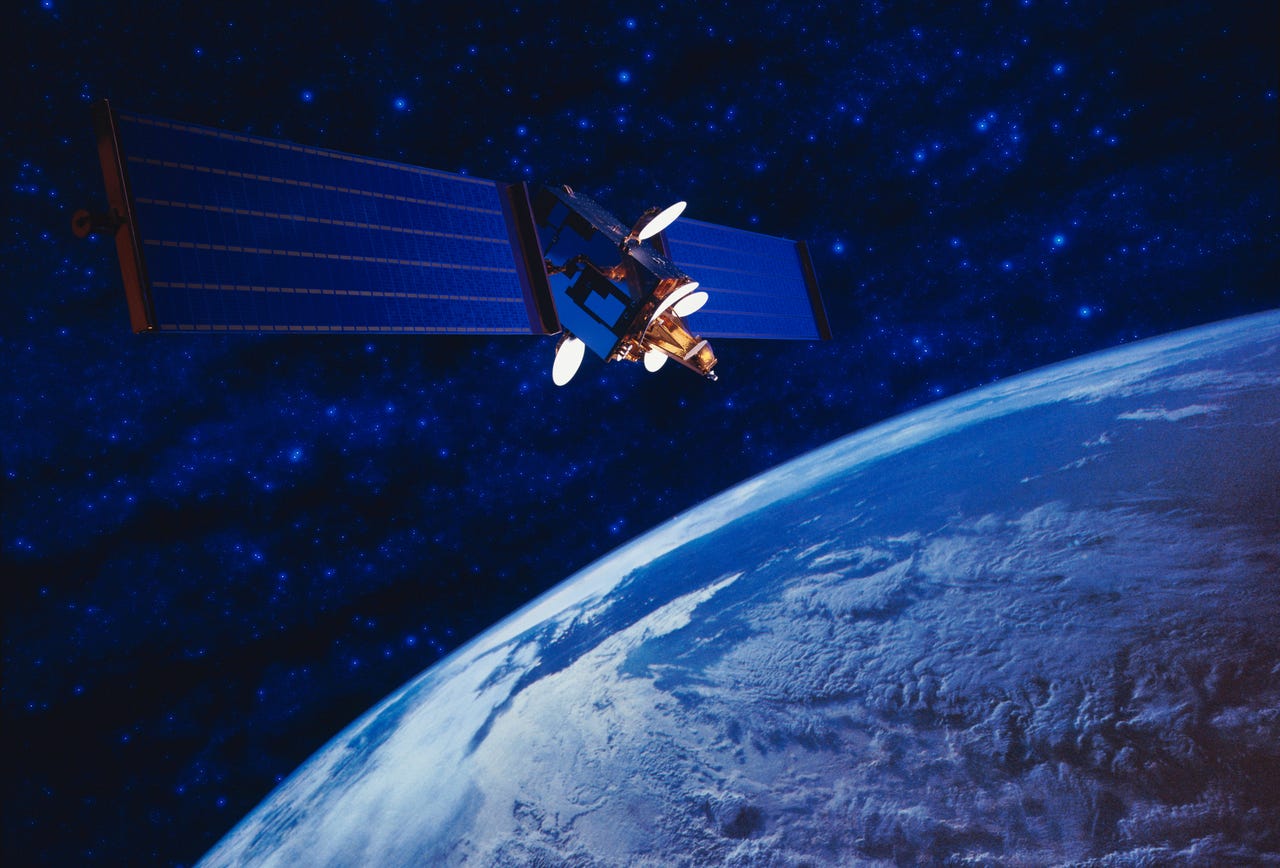































 Image: Getty Images/Max Dannenbaum
Image: Getty Images/Max Dannenbaum The US Federal Communications Commission on Thursday adopted new rules meant to address the growing problem of "space junk" -the non-functional spacecraft, abandoned rocket stages and other pieces of mostly human-made debris that's cluttering up space. Under the new rules, satellite operators in low-Earth orbit (LEO) have to haul away their satellites within five years of completing their missions.
Previously, there were no hard-and-fast rules governing space junk. However, guidelines suggested that satellites should be deorbited after around 25 years post-mission.
"Twenty-five years is a long time," FCC chairwoman Jessica Rosenworcel said in a statement. "There is no reason to wait that long anymore... The second space age is here. For it to continue to grow, we need to do more to clean up after ourselves so space innovation can continue to respond."
Also:What is Artemis? Everything you need to know about NASA's new moon mission
The new rule, she continued, "will mean more accountability and less risk of collisions that increase orbital debris and the likelihood of space communication failures."
However, not everyone in the federal government is on board with these new rules. Earlier in the week, bipartisan members of the House Committee on Science, Space and Technology sent a letter to the FCC urging the agency to postpone their vote on the rule. The FCC's intent to "act unilaterally," the congress members wrote, "could create uncertainty and potentially conflicting guidance" for the space industry.
Typically, the committee members noted, NASA has led international efforts related to space debris mitigation. Indeed, NASA recently announced it will fund three studies to better understand the growing problem of space junk and what policies might mitigate it.
The congressional letter said the FCC should explain its thinking to the committee to "ensure that procedural measures such as the Congressional Review Act are not necessary." The Congressional Review Act effectively lets Congress overturn any regulations imposed by federal agencies.
The Pentagon's Space Surveillance Network (SSN) sensors are tracking 27,000 pieces of space junk, both human-made and meteoroids, if they're two-inches (five centimeters) in diameter in LEO and about one yard (one meter) in geosynchronous orbit.
SSN doesn't track the far greater number of smaller bits of junk in near-Earth orbit, which are still large enough to threaten human spaceflight and robotic missions, according to NASA. NASA says there are 23,000 pieces of debris larger than a softball orbiting the Earth at speeds up to 17,500 mph (28,163 km/h).
 Tags quentes :
Inovação
Espaço
Tags quentes :
Inovação
Espaço